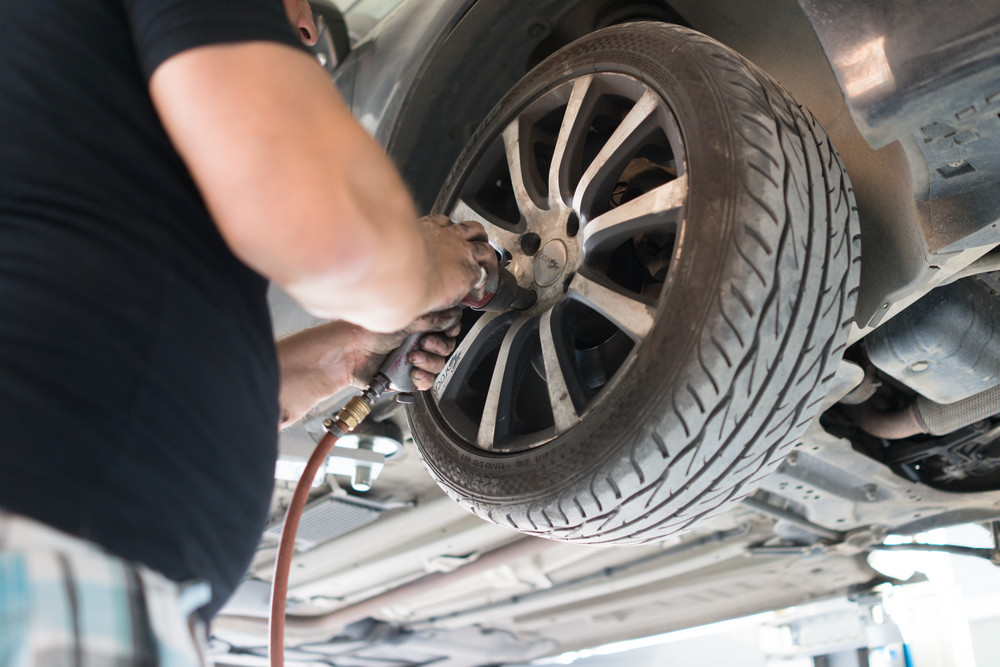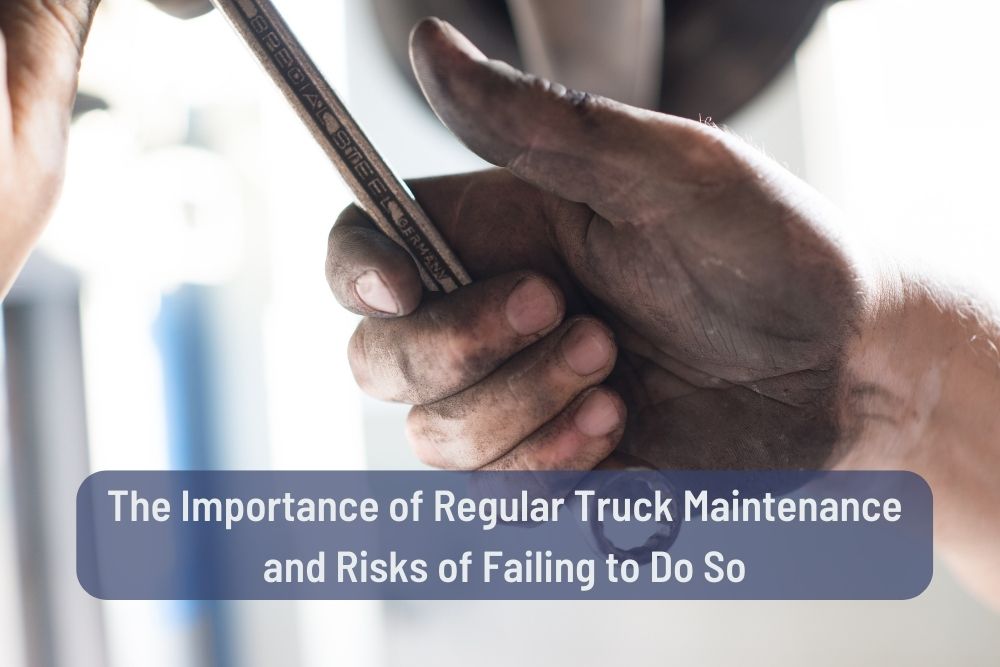
Transmissions are complex pieces of machinery designed for a particular job. They have many moving parts, and each part has a unique purpose. There are many types of transmissions, each with its advantages and disadvantages. For example, some transmissions use hydraulic fluid to shift gears, while others use electricity. Some are manual, while others are automatic.
Transmission problems are often hard to diagnose, but the most common is difficulty shifting gears or jerky shifts. You may encounter slipping or harsh engagement when accelerating or a delay in shifting into lower gears while driving up hills or towing heavy loads. Leaking fluid can cause damage, leading to your vehicle needing a new transmission. If you’re experiencing any of these symptoms, it’s best to have your vehicle inspected and diagnosed by an auto transmission specialist before deciding on an auto and transmission repair option.
If your question concerns how long the best transmission repair takes, it depends on the problem that needs fixing and how long it takes to diagnose the issue. The time it takes an automotive repair service to rebuild your transmission will also depend on how quickly the parts arrive. If you are unsure whether to get your car or truck a new transmission, contact a transmission shop near me.
It is easy to put off the maintenance of your truck when things get busy. In fact, it is estimated that $60 billion worth of car and truck maintenance goes unperformed annually. Dealing with minor service requirements before they have a major impact will help you prevent unanticipated vehicle troubles and unintended expensive repairs.
Consistent truck maintenance helps in avoiding costly repairs and ensures that your truck meets the set road-worthiness requirements. Also, truck maintenance is a crucial safety measure for drivers and other road users.
There are basic daily procedures that you should perform at the beginning of every journey. For example, checking the headlamps, hazard flashers, tires, and turn signals to ensure they are all working properly. It is also important to be on the lookout for any uncommon noises and/or warning signs.

Importance of Regular Truck Maintenance
Several truck maintenance tasks need to be performed regularly to prevent serious damage to your vehicle. Here are some tasks you can perform by yourself
Regular Fluid Checks: It is important to check the levels of fluids in your car, for example, engine coolant, oil, and transmission fluid. If you realize that any of the fluids are running low, it is important to add the required fluid as soon as possible. Failure to do so can lead to engine failure as a result of overheating.
Checking the Pressure of the Tires: Checking the quantity of air in each of your tires is a crucial aspect of car care. Incorrect tire pressure can lead to excessive tire wear leading to regular changing of the tires. Besides, having too much air in the tires can lead to a tire blowout. You can check the ideal tire pressure for every truck by referring to the handbook of the vehicle.
Regular Oil Changes: Oil is the lifeline of every car engine, and it is important to ensure the oil is sufficient, and it is viscous enough to allow your engine to operate without any hitches. Besides, the oil needs to be changed after a specified distance to ensure the engine continues to perform optimally.
Checking the Engine Air Filter: Having a dirty air filter shortens the life of an engine and reduces gasoline mileage. You can clean your engine air filter by blowing off the dust that may have accumulated over time.
The Risk of Failing to Maintain Your Truck
If you fail to carry out regular maintenance of your vehicle, it can lead to more serious problems in the future. There is a possibility of mechanical failures occurring unexpectedly, which eventually leads to high costs of truck repair. The following are some of the costly issues that can come as a result of not maintaining your truck.
Frequent replacement of tires: There are different types of tires, and the basis for the variation is the manufacturer, size, and durability. Failure to maintain the tires by ensuring the right pressure in each tire is likely to lead to more frequent replacement of the tires, which is costly.
Fixing or replacing the cylinder: The need to replace or to fix the cylinder of your truck is an indication of continued neglect. Cylinder failure takes place when there is an incorrect mixture of air, sparks, and fuel that leads to overheating and, eventually, total failure. The cost of fixing or replacing a cylinder can be so high due to the cost of specialized labor involved in the process.
Replacement of the transmission assembly: Most transmission problems are usually due to irregular maintenance. The problems are rare if you conduct regular maintenance. Without a proper functioning transmission assembly, the truck will not be able to turn, and the replacement cost is extremely high.
In Conclusion
Poor truck maintenance can expose the driver and other road users to a lot of danger and often leads to additional costs. You can improve road safety by undertaking routine checks on the wheels, fluid levels, and tire pressure. Maintenance and repair of some parts will require the services of a qualified mechanic at an auto repair shop in order to ensure that they are done correctly.

